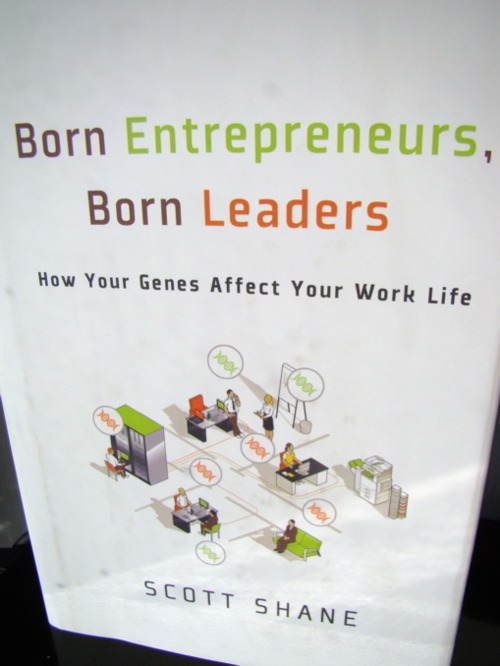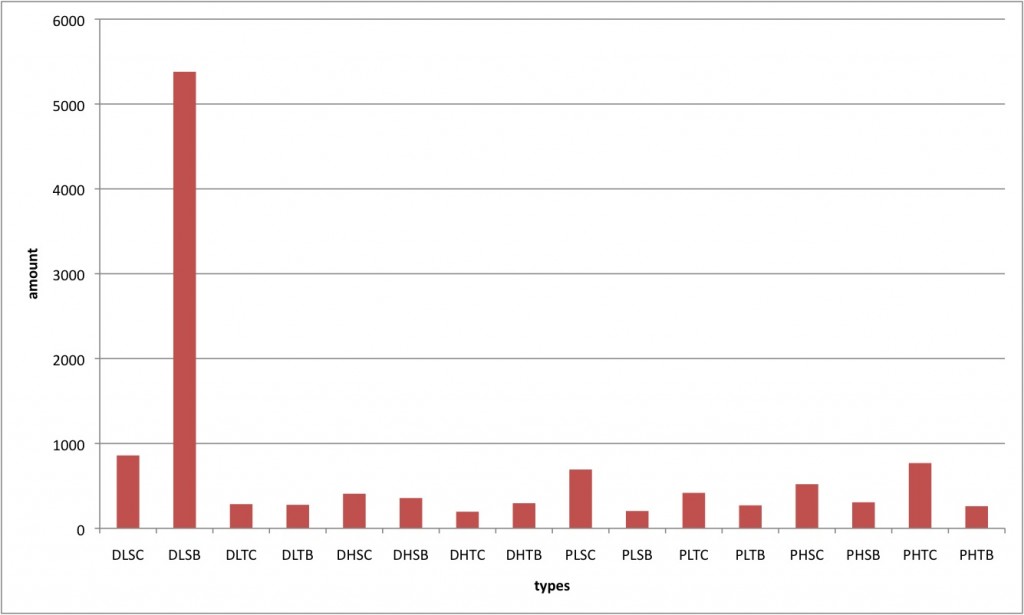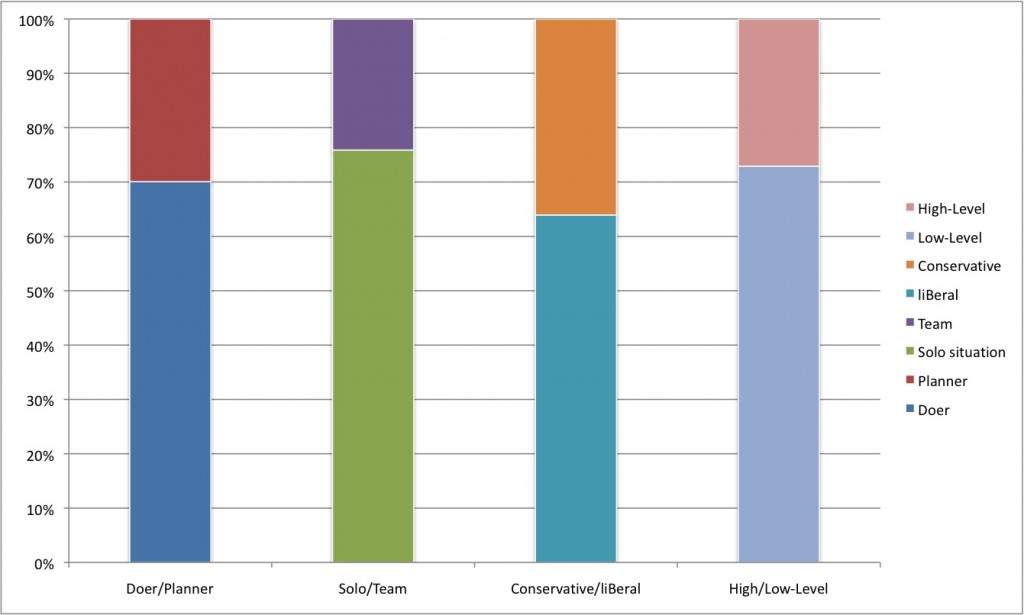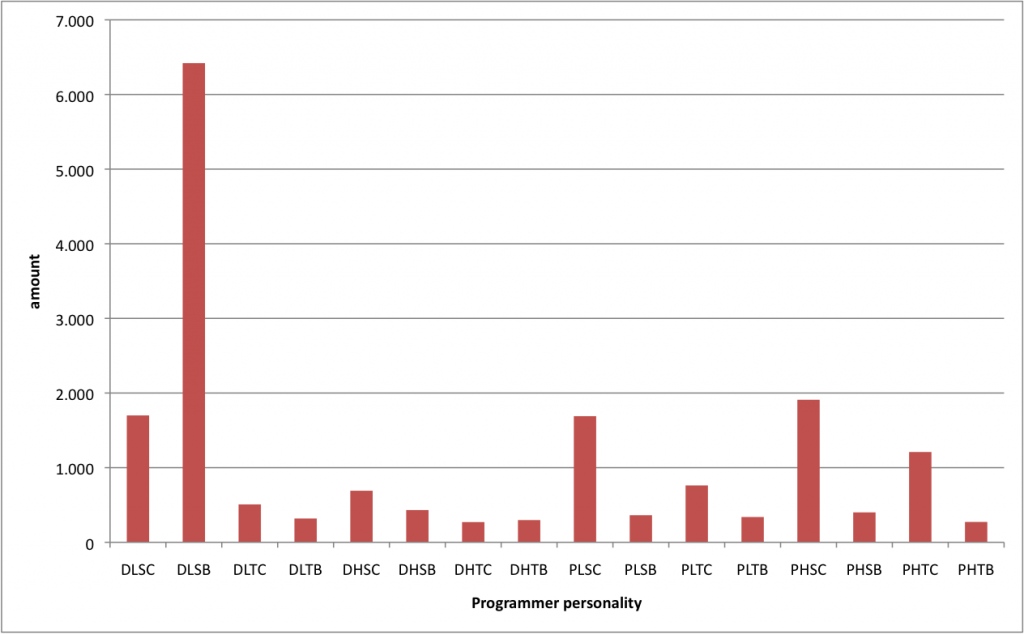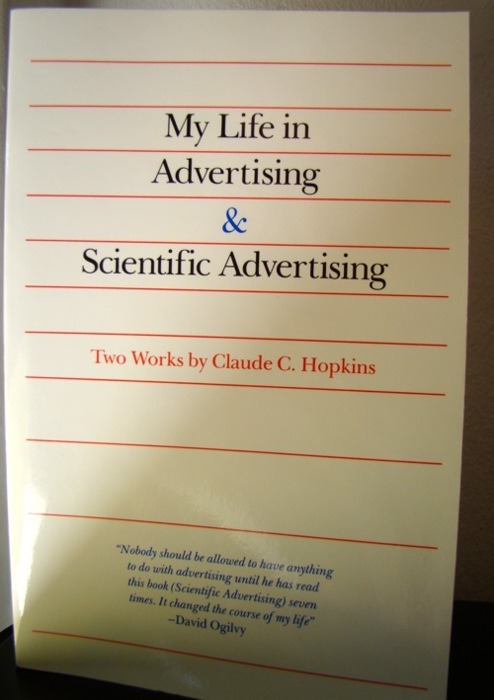
What is it about?
Scientific Advertising was written some years before My Life in Advertising and is a bit like a shorter and concise version of it. Claude Hopkins writes about writing ad copy and using statistics to eliminate guess work.
What can I learn?
Salesmanship-in-Print: A simple rule for writing ad copy is asking yourself: Does this help your salesman in person? You can derive lots of suggestions from this question. Does being loud and annoying help your salesman in person? Probably not. Does being boring help your salesman in person? Nope. Does offering detailed specifications help your salesman in person? Yes!
Use a personality: Most people see cooperations as soulless therefore you can use personalities. This could be an unreal or real person, like the head of engineering or the CEO. People feel more connected if they can feel that a person is speaking to them.
Free samples to interested: Free samples work if people are interested in your product. That is, it’s okay to collect addresses and names because interested people will exchange their address for a free sample if they are interested and uninterested people are deterred.
Conclusion
Scientific Advertising was written in 1923 and was quite revolutionary. Other statisticians like Fisher created early statistical methods in agriculture and Hopkins began using it in advertising. It’s a subset of My Life in Advertising, i.e. you don’t have to read Scientific Advertising if you read the other book before.

